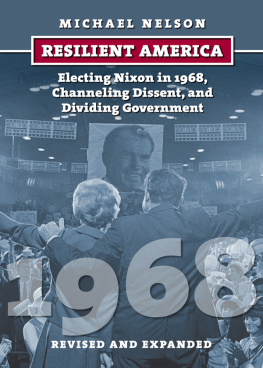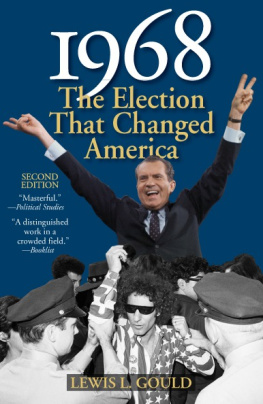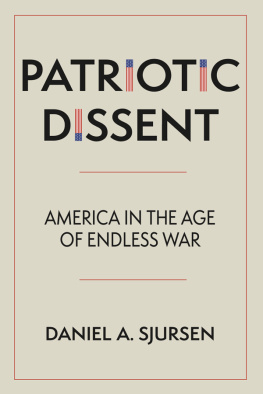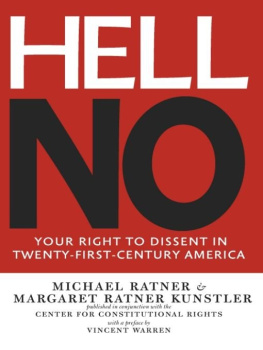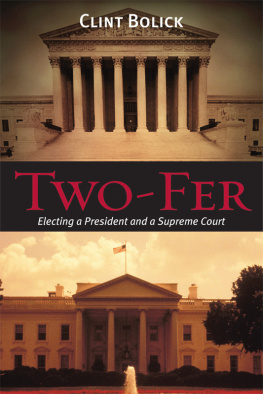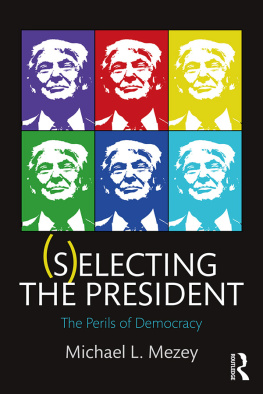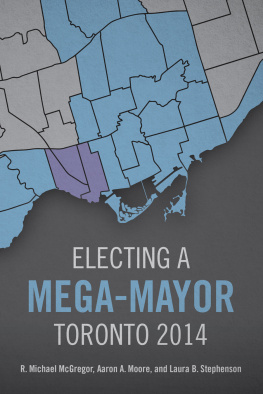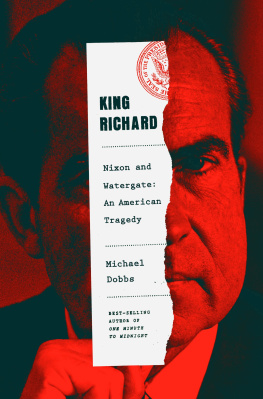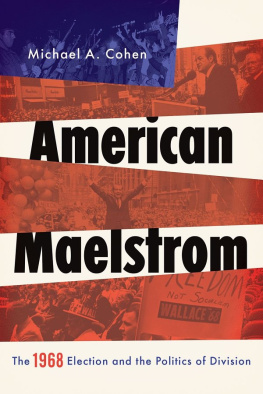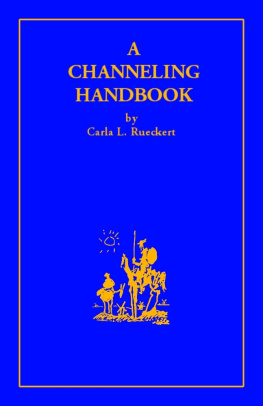Michael Nelson - Resilient America: Electing Nixon in 1968, Channeling Dissent, and Dividing Government
Here you can read online Michael Nelson - Resilient America: Electing Nixon in 1968, Channeling Dissent, and Dividing Government full text of the book (entire story) in english for free. Download pdf and epub, get meaning, cover and reviews about this ebook. year: 2014, publisher: University Press of Kansas, genre: Politics. Description of the work, (preface) as well as reviews are available. Best literature library LitArk.com created for fans of good reading and offers a wide selection of genres:
Romance novel
Science fiction
Adventure
Detective
Science
History
Home and family
Prose
Art
Politics
Computer
Non-fiction
Religion
Business
Children
Humor
Choose a favorite category and find really read worthwhile books. Enjoy immersion in the world of imagination, feel the emotions of the characters or learn something new for yourself, make an fascinating discovery.
- Book:Resilient America: Electing Nixon in 1968, Channeling Dissent, and Dividing Government
- Author:
- Publisher:University Press of Kansas
- Genre:
- Year:2014
- Rating:5 / 5
- Favourites:Add to favourites
- Your mark:
- 100
- 1
- 2
- 3
- 4
- 5
Resilient America: Electing Nixon in 1968, Channeling Dissent, and Dividing Government: summary, description and annotation
We offer to read an annotation, description, summary or preface (depends on what the author of the book "Resilient America: Electing Nixon in 1968, Channeling Dissent, and Dividing Government" wrote himself). If you haven't found the necessary information about the book — write in the comments, we will try to find it.
Michael Nelson: author's other books
Who wrote Resilient America: Electing Nixon in 1968, Channeling Dissent, and Dividing Government? Find out the surname, the name of the author of the book and a list of all author's works by series.
Resilient America: Electing Nixon in 1968, Channeling Dissent, and Dividing Government — read online for free the complete book (whole text) full work
Below is the text of the book, divided by pages. System saving the place of the last page read, allows you to conveniently read the book "Resilient America: Electing Nixon in 1968, Channeling Dissent, and Dividing Government" online for free, without having to search again every time where you left off. Put a bookmark, and you can go to the page where you finished reading at any time.
Font size:
Interval:
Bookmark:
CHANNELING DISSENT, AND
DIVIDING GOVERNMENT


All rights reserved
Nelson, Michael, 1949
Resilient America : electing Nixon in 1968, channeling dissent, and
dividing government / Michael Nelson ; Foreword by Marc J. Hetherington.
p. cm. (American presidential elections)
Includes bibliographical references and index.
ISBN 978-0-7006-1963-4
ISBN 978-0-7006-2034-0 (ebook)
1. PresidentsUnited StatesElection1968. 2. Nixon, Richard M.
(Richard Milhous), 19131994. 3. Divided governmentUnited StatesHistory20th century. I. Title.
E 851. N 452014
324.97309046dc23
2013047051
Font size:
Interval:
Bookmark:
Similar books «Resilient America: Electing Nixon in 1968, Channeling Dissent, and Dividing Government»
Look at similar books to Resilient America: Electing Nixon in 1968, Channeling Dissent, and Dividing Government. We have selected literature similar in name and meaning in the hope of providing readers with more options to find new, interesting, not yet read works.
Discussion, reviews of the book Resilient America: Electing Nixon in 1968, Channeling Dissent, and Dividing Government and just readers' own opinions. Leave your comments, write what you think about the work, its meaning or the main characters. Specify what exactly you liked and what you didn't like, and why you think so.

